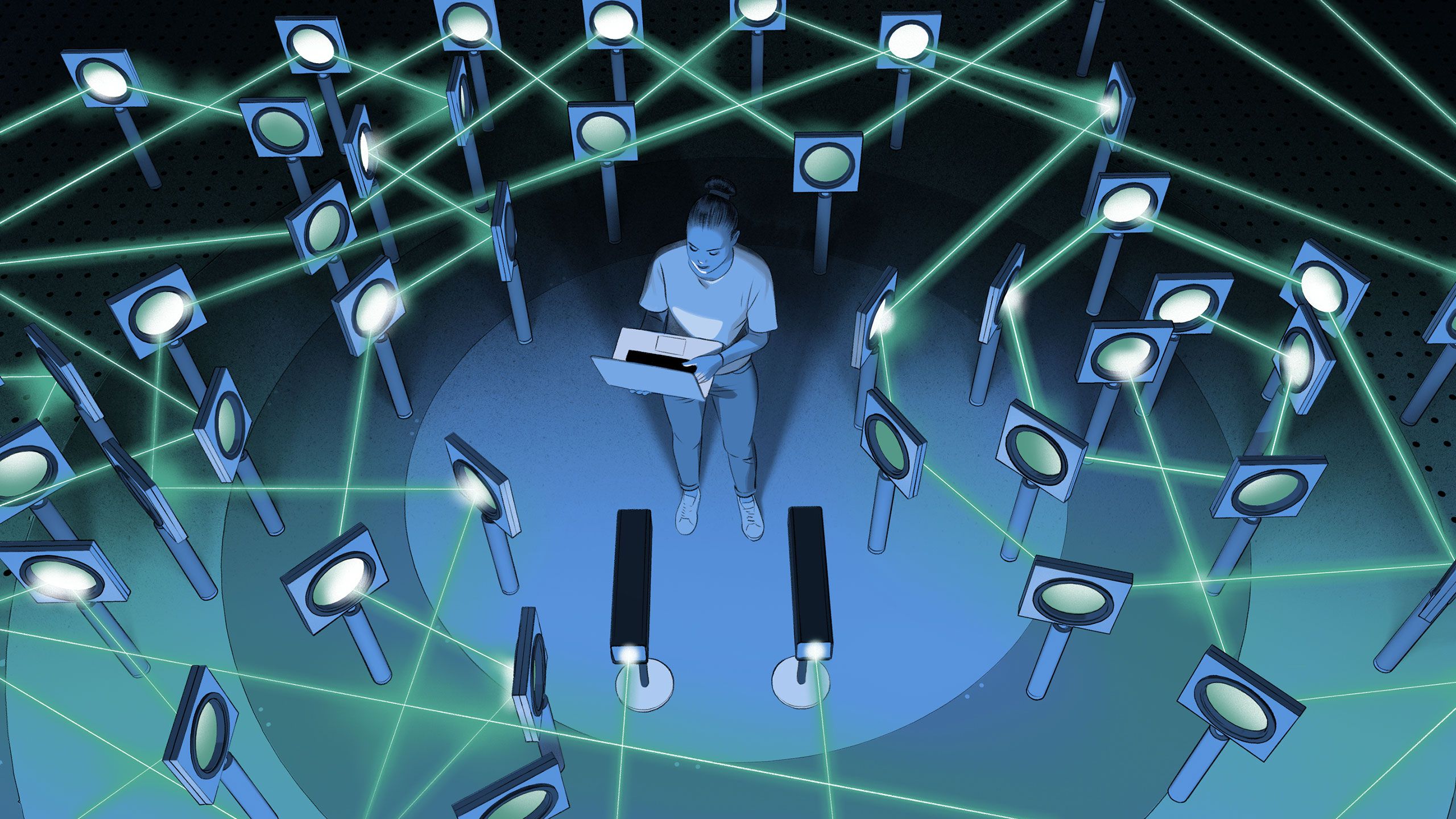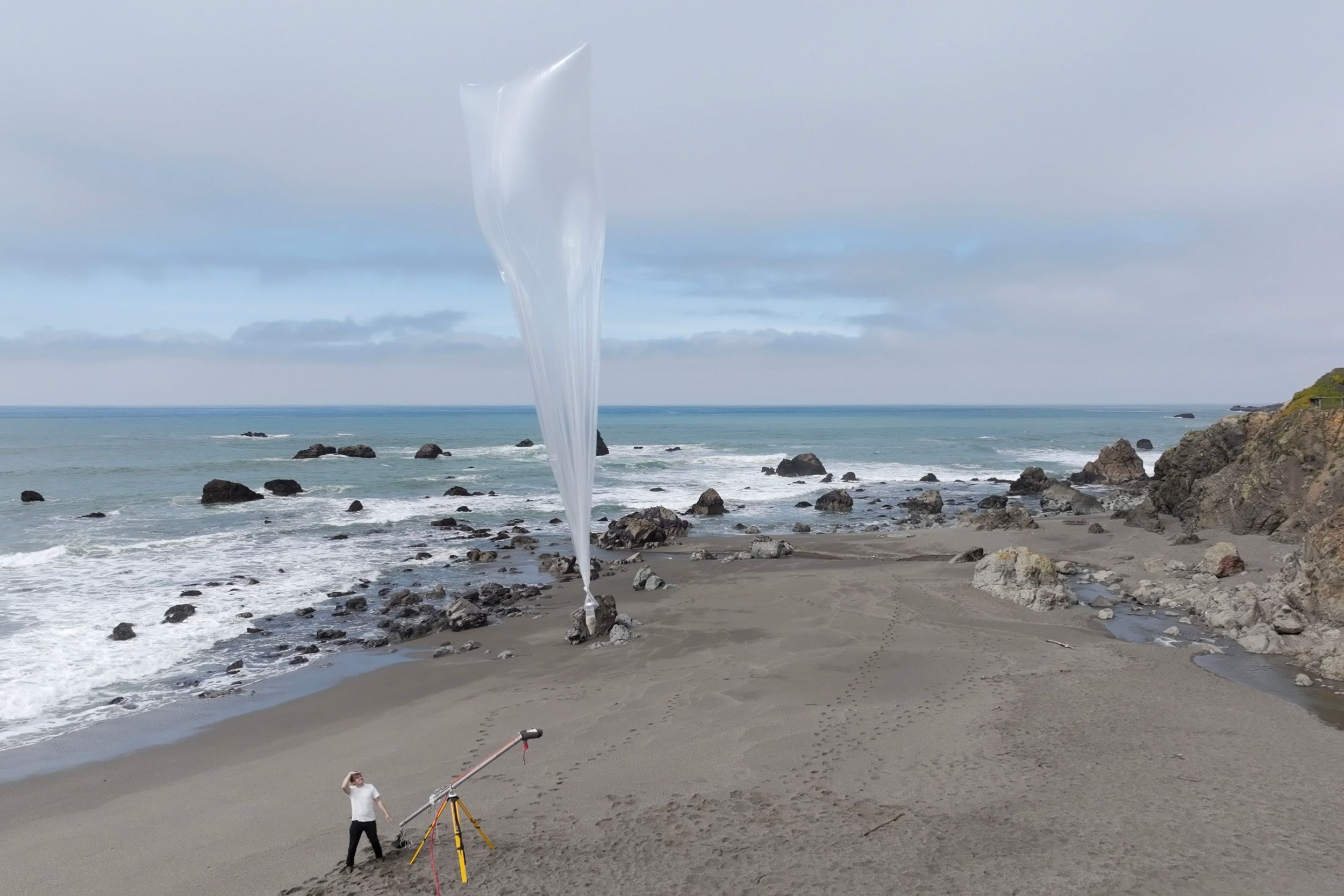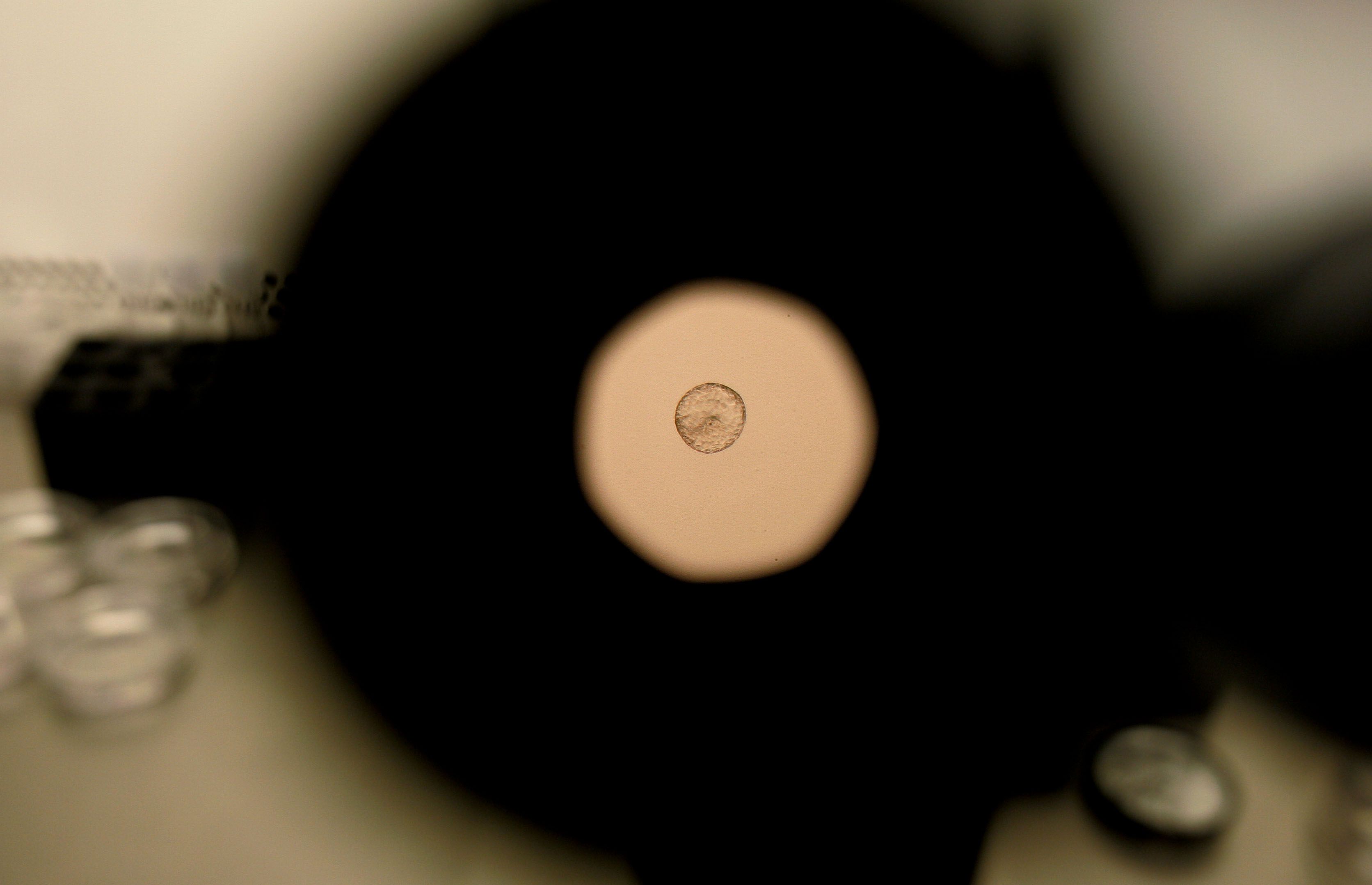AI Is Designing Bizarre New Physics Experiments That Actually Work
Artificial Intelligence (AI) is revolutionizing the field of physics by designing and executing experiments that were previously thought unimaginable. Through machine learning algorithms and sophisticated simulations, AI systems are now able to propose novel physics experiments that challenge conventional theories and push the boundaries of scientific discovery.
One of the most intriguing aspects of AI-designed experiments is their innate ability to think outside the box and explore unconventional hypotheses. These experiments often involve bizarre setups and unorthodox methodologies that human physicists would never think to consider. Yet, time and time again, AI has shown that these experiments can produce meaningful and reliable results.
One such example is a recent experiment proposed by an AI system that involved creating a quantum entanglement between particles using a sequence of laser pulses in a vacuum chamber. While this experiment seemed outlandish at first, the AI’s predictions were confirmed by experimental results, leading to a groundbreaking discovery in quantum mechanics.
In another AI-designed experiment, researchers were able to create a miniature black hole in a controlled laboratory setting, something that was previously thought to be impossible. The AI’s innovative approach to designing the experiment allowed scientists to study the behavior of black holes in ways that were previously only theorized.
AI-driven physics experiments have the potential to revolutionize our understanding of the universe and uncover new phenomena that defy our current understanding of the laws of physics. By harnessing the power of machine learning and artificial intelligence, scientists are now able to explore realms of physics that were once thought to be inaccessible.
As AI continues to advance and evolve, we can expect even more bizarre and groundbreaking experiments to emerge, pushing the boundaries of what we thought was possible in the realm of physics. The future of physics research is being shaped by AI, and the possibilities are endless.
In conclusion, AI-designed physics experiments are paving the way for new discoveries and pushing the boundaries of scientific knowledge. By embracing the innovative approaches of artificial intelligence, scientists are able to unlock new insights into the mysteries of the universe and further our understanding of the laws that govern the cosmos.



